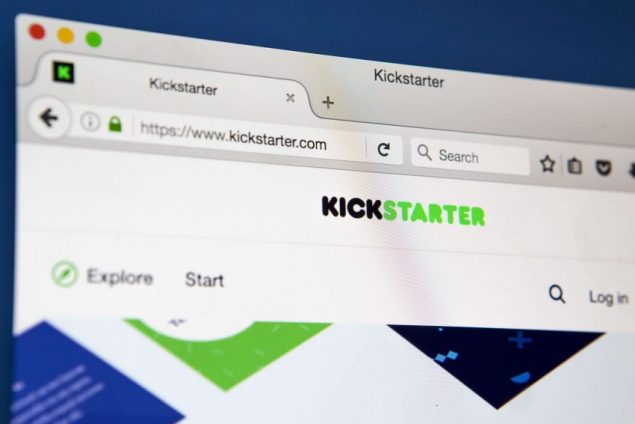Home » Employment News » Kickstarter introduces a 4-day workweek post covid
Kickstarter introduces a 4-day workweek post covid
https://www.whatjobs.com/news/employment-news/kickstarter-introduces-a-4-day-workweek-post-covid

By Nagasunder in Employment News, posted July 9, 2021

The coronavirus pandemic has given new life to the four-day work week debate. As employees report burnout, many people refuse to return to the office after the pandemic, and employers are rethinking flexibility in the workplace.
For Kickstarter, a crowdfunding platform headquartered in New York, one way is to work four days a week, and the plan will be piloted next year. Despite the reduction in working hours, workers will continue to receive the same wages. The idea is that during these four days, there will be fewer interruptions and more focus on work.
“I fundamentally believe that something like this would allow us to be more potent as a group,” Kickstarter CEO Aziz Hasan said.
“It’s really about — if our time and attention is focused as best as it can be in those four days — can we have a more potent impact on the things that we care about from a professional standpoint, so that it opens up so much more range for us personally?”
Although Kickstarter is the latest US company to announce the move, Andrew Barnes, co-founder of the non-profit platform 4 Day Week Global, expects more companies to follow.
Barnes tested this concept in 2018 at his New Zealand company, Perpetual Guardian, which manages wills, trusts and estates. After reading an article that stated that workers could only work a few hours a day. He soon found that his employees were not only happier but also more productive. They completed at least the same amount of work in a shorter time.
“Our profitability has gone up. Our revenue has gone up. Our staff turnover has dropped,” Barnes recently told CNBC.
According to a 2019 report from the Henry Business School in the UK, 63% of companies said that working four days a week is easier to attract and retain talent, and found that 78% of employees who work four days a week are happier and feel lesser pressure.
Juliet B. Schor, a sociology professor at Boston College, believes the popularity of the four-day workweek will grow thanks to the cultural shift brought on by the pandemic.
“It has been very rapid, from a culture that legitimized overwork and burnout to one that is critical of it,” said Schor, author of “The Overworked American: The Unexpected Decline of Leisure.”
She believes that this change will first be seen in middle-class workers, many of whom receive regular salaries during the crisis but have to balance work and caring for children or the elderly. From there, she thought it would increase.
To be sure, there are U.S. companies that have instituted or are piloting four-day workweeks, such as Buffer, a New York-based social media software company, and Wildbit, a Philadelphia-based software company. Yet, it hasn’t been embraced by larger national companies so far.










